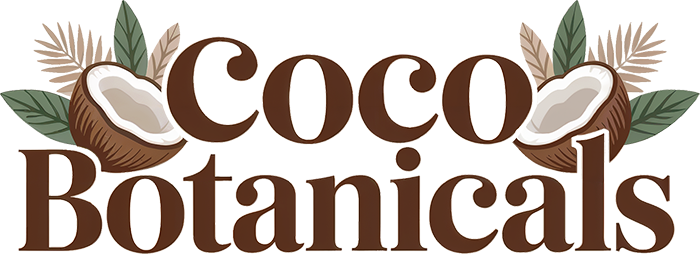Planning a family-friendly getaway to the beautiful island of Maui? Beyond the lush landscapes, incredible beaches, and aloha spirit, immersing yourself in Hawaiʻi’s unique language and culture can make your trip all the more enriching. Hawaiian, or ʻŌlelo Hawaiʻi, is a melodious and meaningful language that connects deeply with the land and its people. While English is widely spoken across the islands, learning a few Hawaiian words and phrases isn’t just respectful—it also helps you understand the rich heritage of this extraordinary place.
Why Learn Hawaiian Words?
Hawaiian isn’t just a language—it’s a reflection of values, nature, and aloha. Locals greatly appreciate when visitors take the time to learn even a few key words. Plus, many place names, signs, and common expressions include Hawaiian language, so knowing what they mean will enhance your experience.
Words to Know Before You Go
Aloha
Perhaps the most famous Hawaiian word, aloha means more than “hello” or “goodbye”. At its core, it expresses love, compassion, peace, and a sense of mutual respect. You’ll hear it everywhere—and the best way to honor the word is to live its meaning while you’re visiting.
ʻOhana
This important word means family, but not just in the traditional sense. ʻOhana can include extended family members and even close friends who are like family. Embracing the ʻohana spirit is key to experiencing local hospitality.
Mahalo
Saying mahalo means “thank you.” It’s courteous and appreciated when used with your hosts, in shops, or when someone helps you out. Go the extra mile and say mahalo nui loa (“thank you very much”) to show your gratitude.
Keiki
If you’re traveling with children, you’ll see the word keiki frequently. It means “child” or “children,” and many family-oriented activities, menus, or events cater to keiki.
Kōkua
Meaning “help” or “assistance,” this word reflects the cooperative nature of Hawaiian culture. You might see signs saying “please kōkua and clean up after yourselves.” It’s all about lending a hand and showing respect for shared spaces.
Kapu
Translated as “forbidden” or “keep out,” this sacred word is often used on signs to denote areas that are off-limits. It’s essential to respect these designations, especially when exploring historical or cultural sites.
Wahine and Kāne
You’ll often see these words on restroom doors. Wahine means “woman” and kāne means “man.” Easy to remember—and useful to know!
Makai and Mauka
When asking for directions, locals often use the terms makai (toward the ocean) and mauka (toward the mountains). These directional cues are based on Maui’s geography, so learning them can help you navigate clearly.
Pono
This beautiful word means righteousness, balance, and integrity. Living pono means making mindful and respectful choices—something all visitors should strive to do, whether you’re hiking through sacred valleys or deciding which sunscreen to wear to protect Maui’s coral reefs.
Live the Language, Respect the ʻĀina
Our actions as visitors matter deeply to the people and environment of Maui. Learning and using Hawaiian words shows you care. It’s also a reminder to treat the ʻāina (land) with respect and generosity.
When enjoying the island’s stunning beaches and ocean life, remember that your sunscreen choice plays a big role in reef health. That’s why Coco Botanicals offers reef-safe, mineral-based sunscreen that’s gentle on your skin and safe for Maui’s delicate marine ecosystems. Say mahalo to nature by choosing products that love the island as much as you do.
Practice with Your ʻOhana
Make learning Hawaiian a fun activity for the whole family! Try incorporating these words into your daily vacation vocabulary. Not only will it deepen your connection to Maui, but it can also become a cherished part of your travel memories.
As you prepare for your Maui adventure, let the language of Hawaiʻi guide you toward meaningful experiences filled with aloha, kōkua, and pono. A hui hou (until we meet again)!
